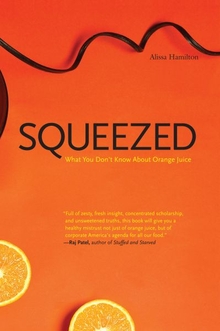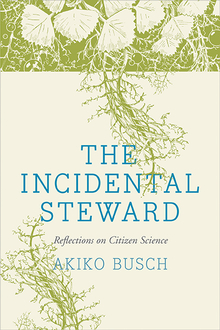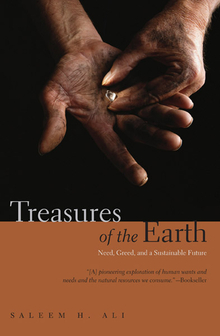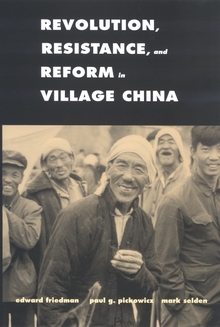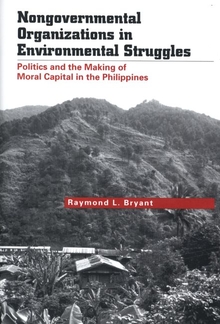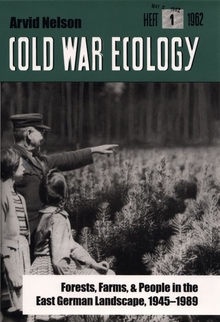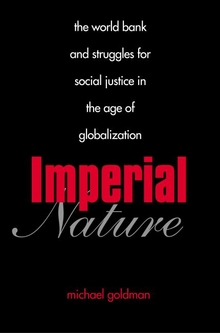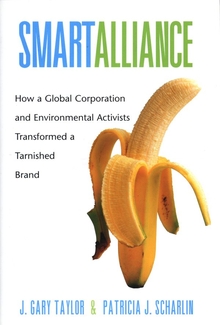Squeezed
WARNING
You are viewing an older version of the Yalebooks website. Please visit out new website with more updated information and a better user experience: https://www.yalebooks.com
What You Don't Know About Orange Juice
Alissa Hamilton
Click here to visit Alissa Hamilton's blog.
How orange juice became a North American breakfast staple and what “100% pure orange juice” means today
Close to three quarters of U.S. households buy orange juice. Its popularity crosses class, cultural, racial, and regional divides. Why do so many of us drink orange juice? How did it turn from a luxury into a staple in just a few years? More important, how is it that we don’t know the real reasons behind OJ’s popularity or understand the processes by which the juice is produced?
In this enlightening book, Alissa Hamilton explores the hidden history of orange juice. She looks at the early forces that propelled orange juice to prominence, including a surplus of oranges that plagued Florida during most of the twentieth century and the army’s need to provide vitamin C to troops overseas during World War II. She tells the stories of the FDA’s decision in the early 1960s to standardize orange juice, and the juice equivalent of the cola wars that followed between Coca-Cola (which owns Minute Maid) and Pepsi (which owns Tropicana). Of particular interest to OJ drinkers will be the revelation that most orange juice comes from Brazil, not Florida, and that even “not from concentrate” orange juice is heated, stripped of flavor, stored for up to a year, and then reflavored before it is packaged and sold. The book concludes with a thought-provoking discussion of why consumers have the right to know how their food is produced.
“Behind the wholesome facade industry has created for orange juice is Alissa Hamilton's remarkable story of corporate power, marketing, trade and labor issues, and shrinking biodiversity. This story needs telling.”—Kelly D. Brownell, Ph.D., Yale University, co-author of Food Fight: The Inside Story of The Food Industry, America's Obesity Crisis, and What We Can Do About It
"Squeezed relentlessly shatters the pleasant perceptions of morning orange juice. A strikingly original history of the Florida orange juice industry, it is deeply researched, cogently argued, and altogether eye-opening. Hamilton reveals that most of the orange juice sold in the stores is not, as advertised, either fresh or from Florida, and she advances a spirited brief for the consumer’s right to know the truth about the production of the foods they consume."—Daniel J. Kevles, Yale University
"Full of zesty, fresh insight, concentrated scholarship, and unsweetened truths, Alissa Hamilton's Squeezed will give you a healthy mistrust not just of orange juice, but of corporate America's agenda for all our food."—Raj Patel, author of Stuffed and Starved
Publication Date: April 27, 2010
12 b/w illus.

